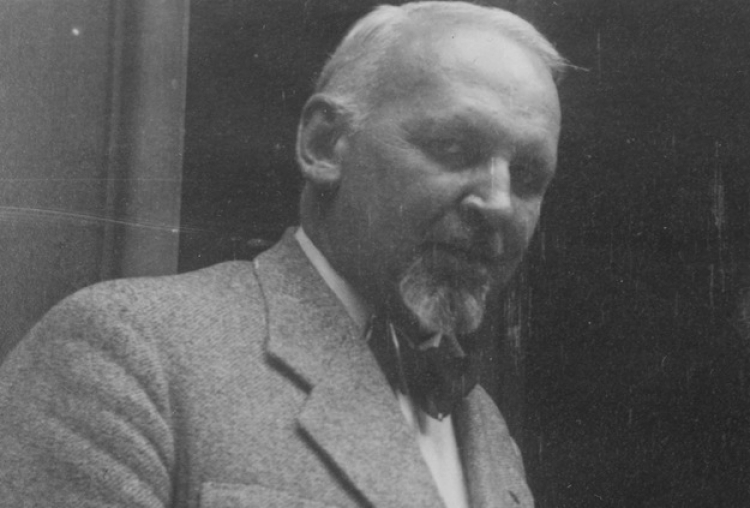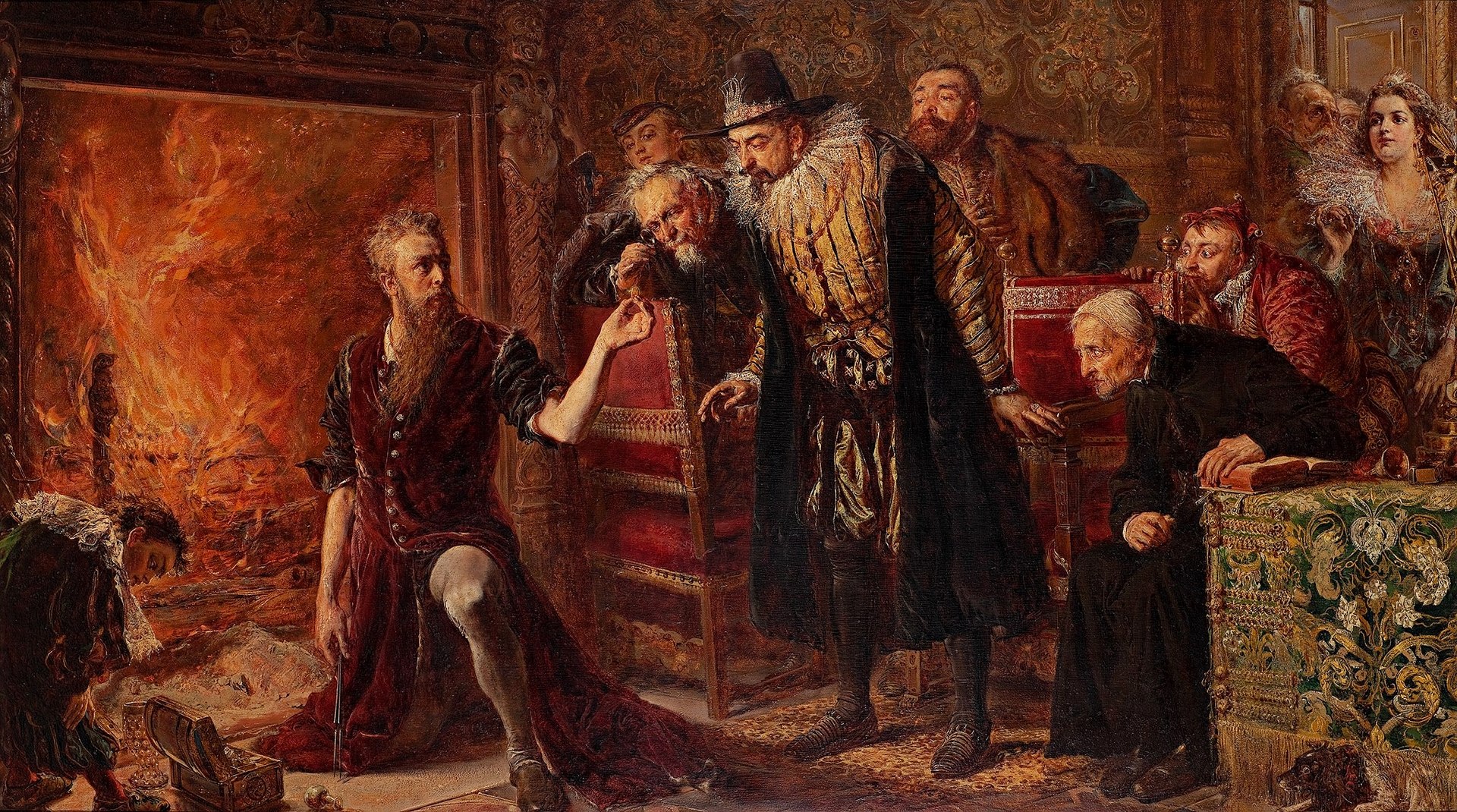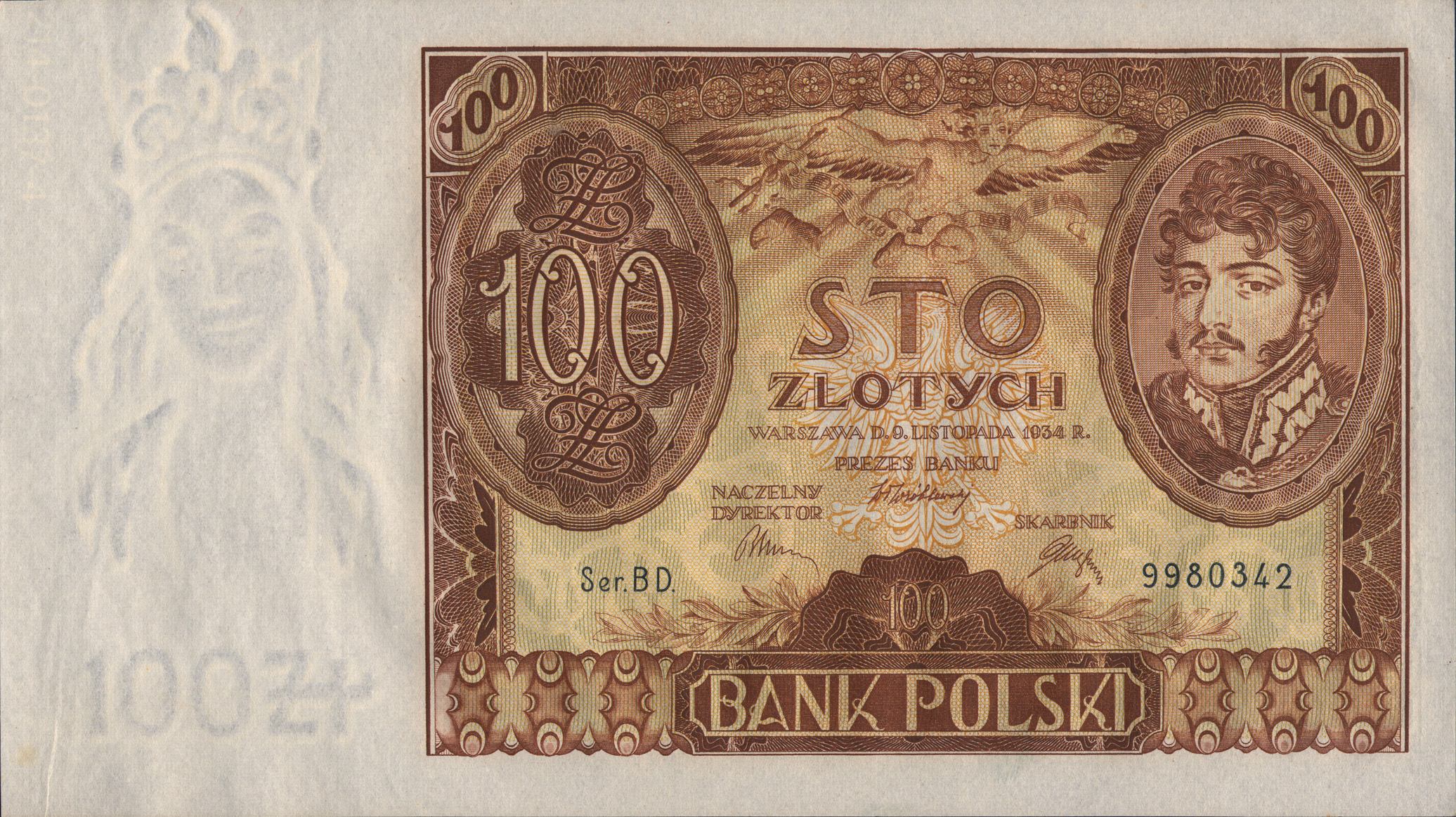During the Second World War, an unofficial group of Polish diplomats from the Polish Legation in Bern, led by that country’s envoy to Switzerland Aleksander Ładoś, cooperated with representatives of Jewish organizations to rescue Europe’s Jews.

From at least the beginning of 1941 until the end of 1943, the members illegally purchased and issued passports and citizenship certificates of four South and Central American states: Paraguay, Honduras, Haiti and Peru. These were delivered to people under threat of death in the Holocaust and served to protect their bearers from transport to the death camps located in the Third Reich.
Various estimates show that the Ładoś Group issued 4,000 to 5,000 of these documents during a passport campaign which could have reached as many as 10,000 people. “The Ładoś List” represents the first attempt to create a list of all the people for whom these documents were created. The list currently includes 3,282 individuals, some of whom survived the war, some of whom perished in the Holocaust, and many whose fates remain unknown. The list is accompanied by an extensive description of the Ładoś Group’s actions, the development methods used and a preliminary statistical analysis of the material. Research on the list was conducted by the Polish Embassy in Bern in cooperation with the Pilecki Institute and with the support of other institutions, such as the Jewish Historical Institute, the Institute of National Remembrance
and the Memorial and Museum Auschwitz-Birkenau.
Reactions to the publication of the first edition of The Ładoś List exceeded expectations. The book was received by a broad audience, including Jewish circles both in Europe and the United States, who in turn furnished hitherto unknown stories of survivors and revealed new source material and documentation. After years of silence, the operation to rescue Jews carried out by Polish diplomats and Jewish activists based in the Swiss capital of Bern, has finally become a subject for international debate.
Holocaust survivors and their descendants, relatives of the Ładoś Group members, historians, experts and journalists from across the globe have all become involved in the discussion; with their aid, further supplemented by numerous meetings, research at the Pilecki Institute and the inquires it makes, and the broad general interest in the topic, work on the Ładoś List continued and more and more names have been added. As a result, it has been possible to present a second, expanded edition of the publication.
Source: https://instytutpileckiego.pl/en/publikacje/lista-ladosia





